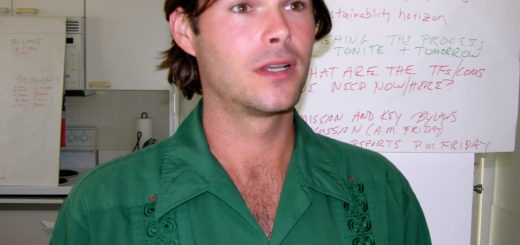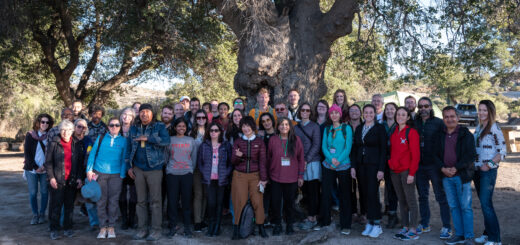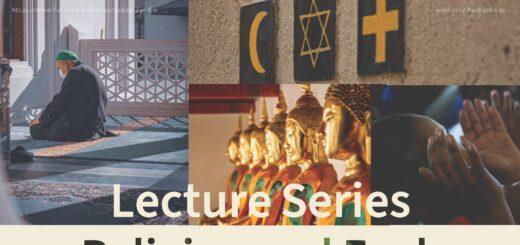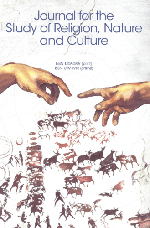A Global Research Network for Religion and Climate Change
While the study of religion, nature, and culture is an interdisciplinary research area, it is easy for scholars to be isolated with respect to the region, culture, or tradition in which they work. There are few opportunities for researchers interested, for example, in mountain communities to interact in a broadly comparative way that brings together scholars of the Andes, the Himalayas and the Rockies. Given the global nature of so many of the world’s most pressing environmental issues, it is important to bring regional approaches to the religion/nature/culture nexus into deeper conversation.
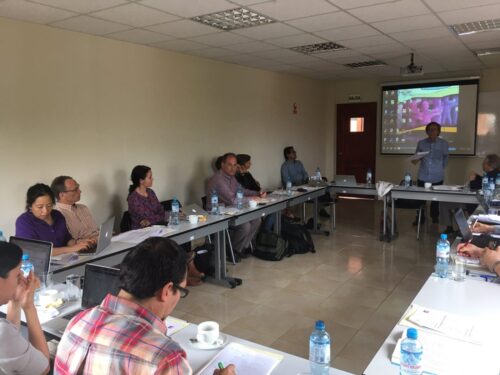
Meeting at Antonio Ruiz de la Montoya University in Lima, Peru
This is a major impetus behind a current project led by ISSRNC Secretary Evan Berry on “Religion and Climate Change in Cross-Regional Comparison.” This multi-year initiative is funded through the Henry Luce Foundation’s Religion and International Affairs Program and is being run by the Center for Latin American and Latino Studies at American University (CLALS). The project seeks to build an international network of researchers interested in better understanding the variety of ways that religion informs responses to climate change in different parts of the world. More specifically, Berry and his colleagues are working to create opportunities for scholars of religion and climate change to enter into sustained global conversations with each other.
Fostering Cross-Regional Conversations
These cross-regional conversations are being built through a series of scholarly workshops, each focused on a common aspect of climate change that impacts Latin American communities and other parts of the world. For example, in December of 2016 a group of scholars, journalists, and experts gathered at the Observer Research Foundation in Delhi, India to discuss how religious actors and religious forms of knowledge shape conversations about intensifying water scarcity in South Asia and South America.
In May of this year, a group of project participants gathered at the Antonio Ruiz de la Montoya University in Lima, Peru for a workshop focused on issues of glacial melt and religious sentiments about environmental change found in high elevation communities in the Andes and the Himalayas. In Lima, ISSRNC board member David Haberman and ISSRNC members Rob Albro, Gina Drew, Emily Yeh, Fausto Sarmiento, Mabel Gergan, and Karine Gagne were among some of the participants.
Among scholars of religion in the Himalayan region, there are sustained conversations about the religion/nature/culture nexus, and these are reciprocated among Andeanists. Yet there are too few opportunities for these scholarly cohorts to compare and cross-pollinate their ideas and observations. These workshops will generate one or more edited volumes intended to advance the scholarly conversation around religion and climate change, and will hopefully refocus the research activities of participants.
A third workshop focused on religious responses to climate change in small island developing states—especially sea level rise and intensifying storms—is being planned for October. To learn more about this project visit the CLALS website.

